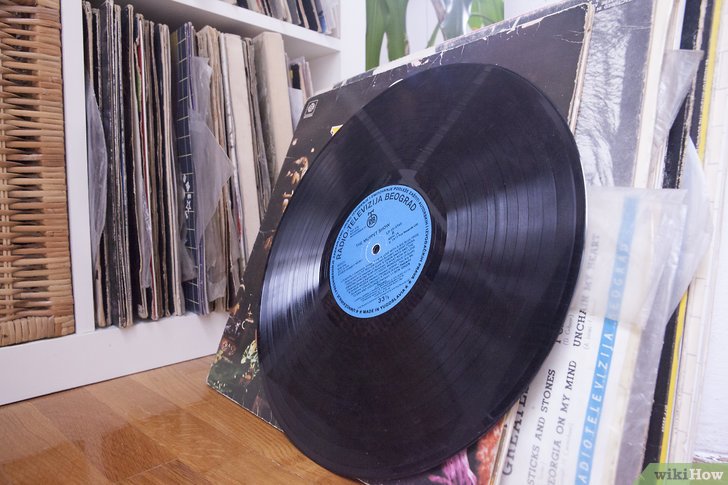Most great musicians swear by the power of literature, which constitutes the most unsurprising fact in the world. Similarly, those who take their music seriously know that very little goes as well with a good book as a good song. (The other thing is good wine). In the spirit of mixing pleasure with more pleasure, a list of pairings between the written and the sung words await you below.
On The Road: Representative of the Beat Generation, this book is about breathless pursuit of liberation. It is filled with men and women who makes obscene gestures to the spirit on conformity, and jump into whatever broken-down jalopy will take them to the non-destination they look forward to.
The Beats were driven wild-eyed by all things jazz. Their words reflected jazz’s insatiable need to devastate boundaries and construct worlds maddened by their own beauty. It makes little sense to question an association so rightly made. The book is made for the astonishing crevasses of sounds offered by Ornithology (Charlie Parker and Benny Harris) or the dissonant abandon of anything
Thelonious Monk has ever made.
The Thousand and One Nights: One of the most familiar texts on this list is a tribute to the art of storytelling itself. A brave heroine slays the demons within the heart of a tyrannical king by coaxing his mind instead of challenging him to a duel. Scheherazade weaves tales of wonder by night, thrills
the king and helps him see the flaws of his way.
The stories are shaped like dreams – reality mixed with the bizarre, the terrible and the magnificent. Magic is a fact of life, serving to make the reader question morality and intention. This mix of the incredible and the mundane is exquisitely etched in Wong-Kar Wai’s In The Moon for Love. The few minutes of the film’s most recognisable soundpiece, Yumeji’s Theme is a surprising but compatible
accompaniment to the stories that constitute Scheherazade’s nighttime quest. Shigeru Umebayashi emits the sound of a distant, unsubstantial world, much like the realm of stories that seem almost real when couched in the half-light of Scheherazade’s whispers.
The Collected Stories of Edgar Allan Poe: Poe’s intention does not intend to scare readers. It delves into the deepest auspices of human fear, which makes them effectively terrifying. Florid, perfectly curated words unravel unseemly tentacles of terror with ghastly ease. Within 6 pages, Poe can give you new nightmares and hysterically question your existing ones.
Naturally, such text needs a soundtrack which is tempered to its unique brand of terror-based psychoanalysis. Western classical music tends to do the trick. Mozart’s Lacrimosa dies illa or Camille Saint-Saëns’ Danse Macabre, Op. 40 (telling of Death playing a violin at Halloween for skeletons to dance to) work well for obvious reasons.
Do Android Dream of Electric Sheep? : Philip K. Dick’s most name-dropped novel unleashes hard questions about the human ability to feel and express compassion, love and connection. Dick uses animals to lay bare the deficiencies in humanity. Outside the rapturous plot, the book is an exquisite metaphor for everything that our technologically-charged minds should be worried about. The distinction between flesh and machine is muddled, and unsolvable anxieties emerge. When Arvo Pärt, Philip Glass, and Vladimir Martynov composed Silencio, they must read these anxieties to prepare. However, instead of a frantic compendium of eager sound, they created music that wanes minimally as quickly as it attacks with excess. It matches the book’s meditative progression, and match the high points of revelation with sheaths of hyper-expressionist crescendo.








